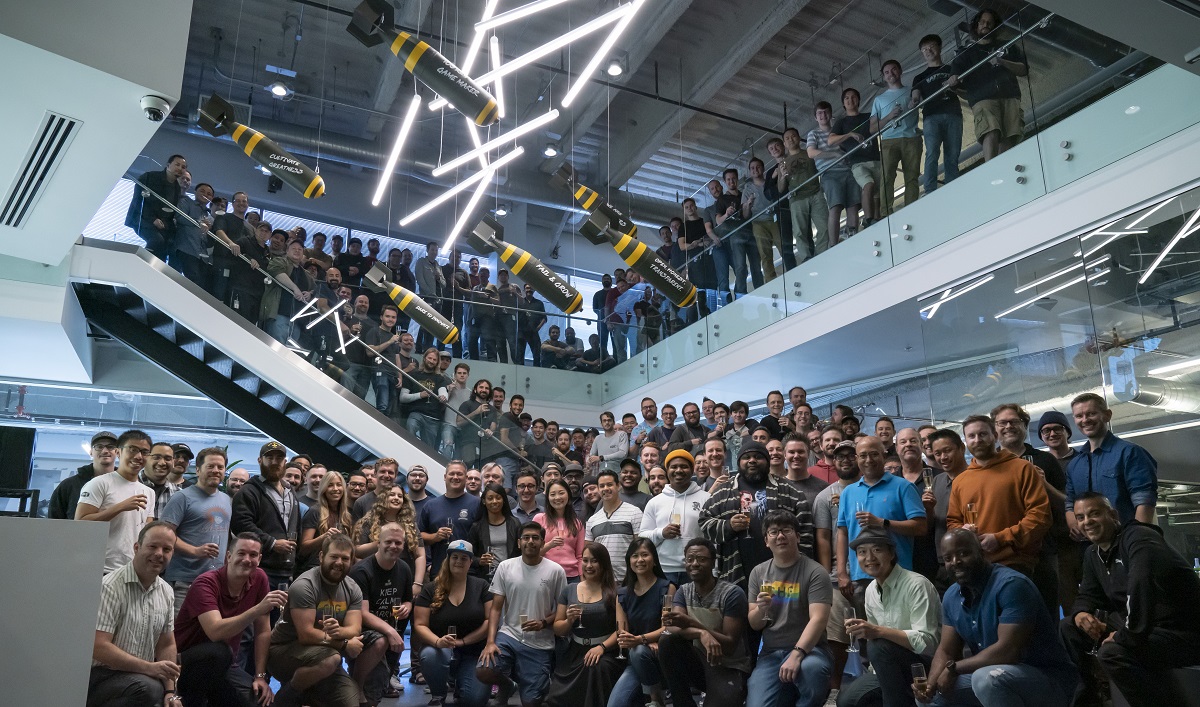Sledgehammer Games is one of Activision‘s major game development studios, producing games such as Call of Duty: Advanced Warfare and Call of Duty: WWII. But the studio suffered some big blows when its founders left in 2018, and rumors surfaced last year that it was having trouble working with Raven Software to create the next Call of Duty for 2020.
We don’t know what’s coming this fall, particularly as the pandemic plays havoc with the schedule for new games and platforms. But Activision Blizzard announced last week that the next premium Call of Duty title is on track for the fall. And while working from home isn’t easy, Activision Blizzard said that it hasn’t put the game behind schedule.

Unlock premium content and VIP community perks with GB M A X!
Join now to enjoy our free and premium membership perks.
![]()

![]()